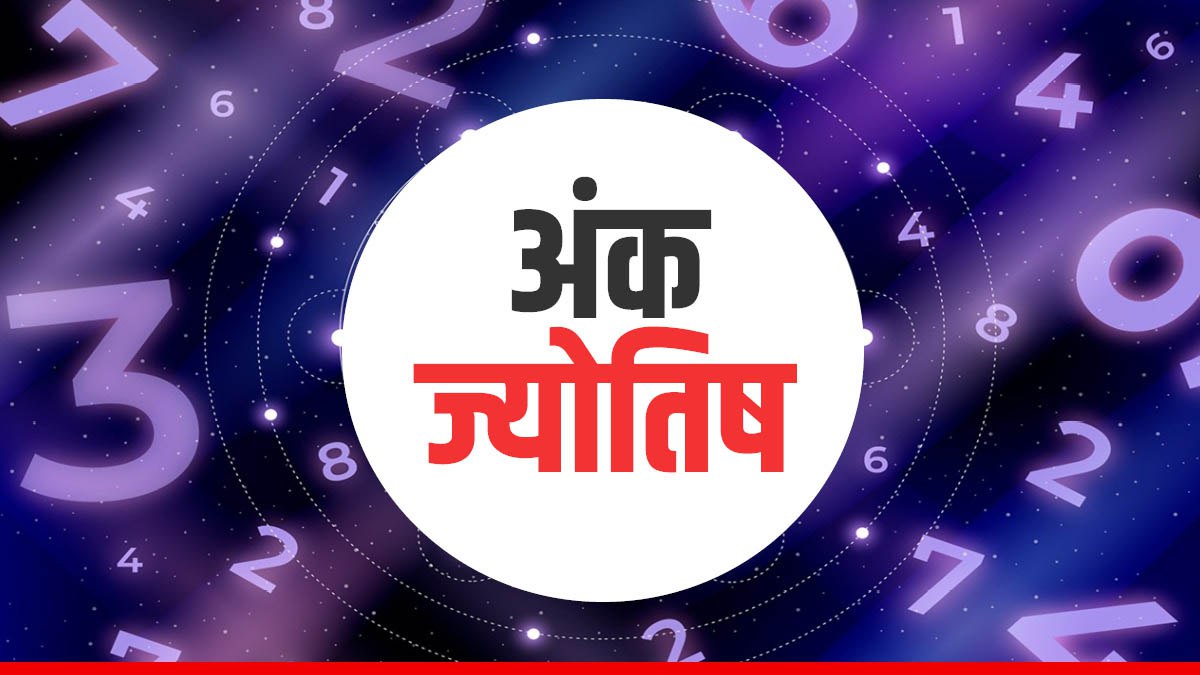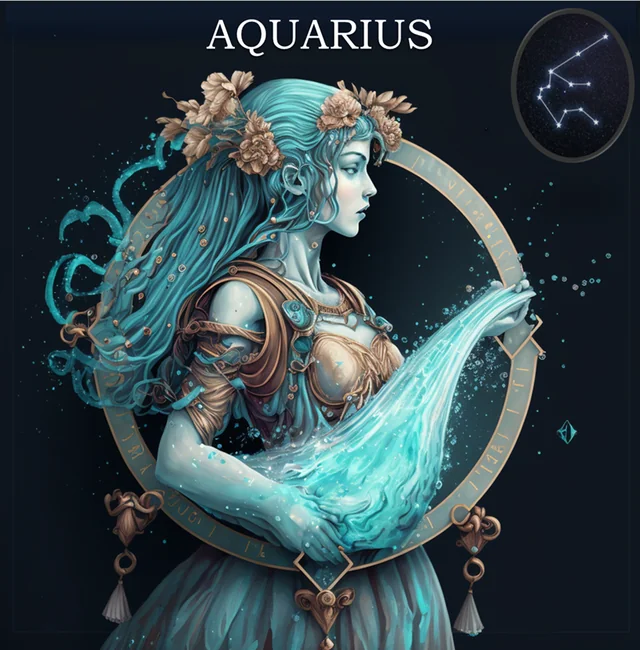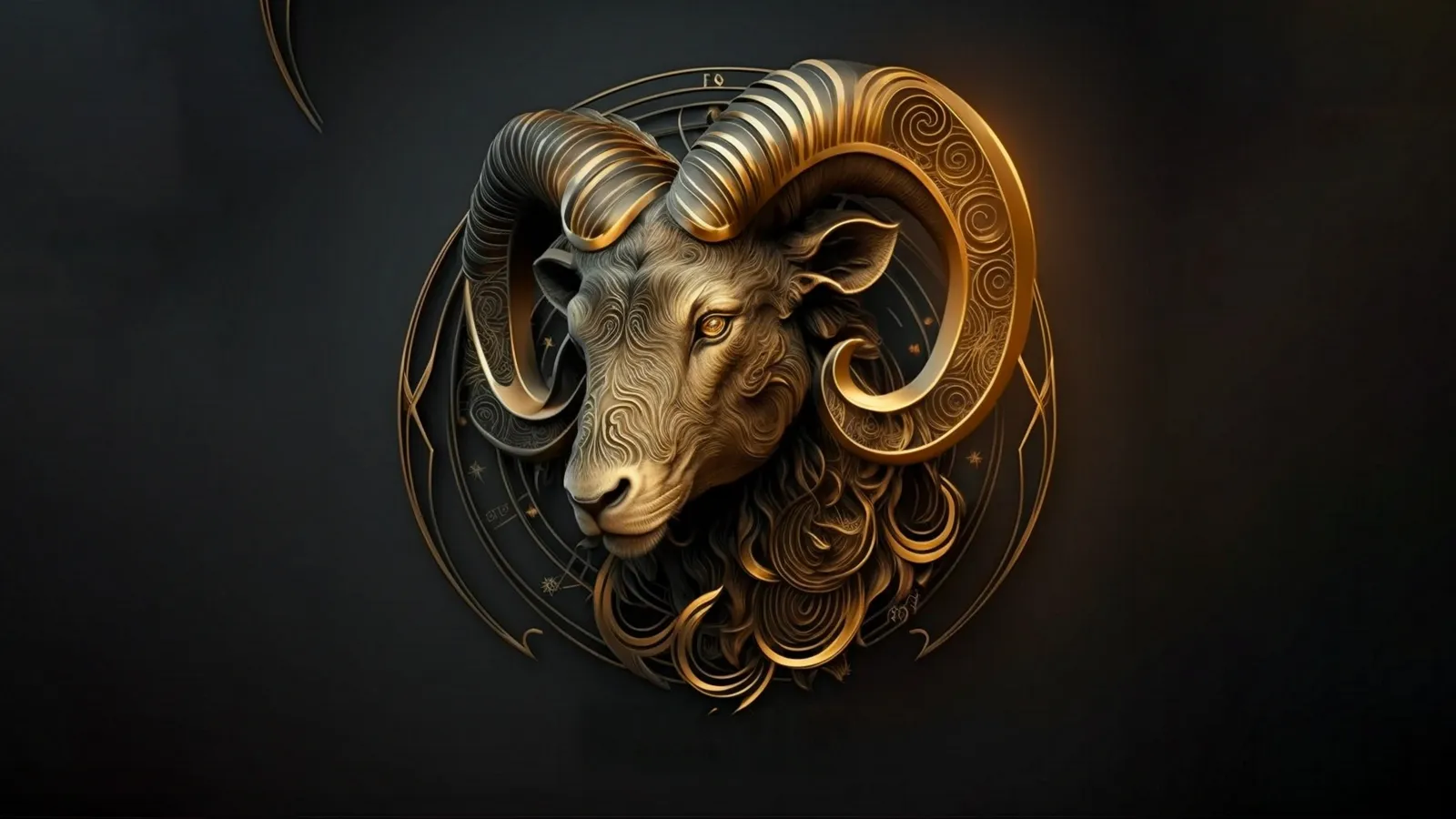The central concept of astrology is the zodiac, which is divided into twelve signs, each representing specific personality traits and characteristics. The zodiac signs are based on the apparent path of the Sun through the sky over the course of a year, and each sign is associated with one of the four elements: fire, earth, air, or water.
Here are some key components of astrology:
- Zodiac Signs: As mentioned earlier, the zodiac is divided into twelve signs, with each sign occupying a 30-degree segment of the ecliptic. The signs, in order, are Aries, Taurus, Gemini, Cancer, Leo, Virgo, Libra, Scorpio, Sagittarius, Capricorn, Aquarius, and Pisces.
- Planets: Astrology also considers the influence of planets in different signs and houses of the zodiac. Each planet is associated with specific qualities and characteristics. The major planets used in astrology are Mercury, Venus, Mars, Jupiter, Saturn, Uranus, Neptune, and Pluto.
- Houses: Astrological houses represent different areas of life, such as personality, relationships, career, and family. The positions of planets within these houses are said to influence various aspects of an individual’s life.
- Horoscope: A horoscope is a chart that represents the positions of celestial bodies at the time of a person’s birth. It is the foundation for astrology readings and interpretations.
- Birth Chart: Also known as a natal chart, a birth chart is a personalized map of the celestial positions at the time of an individual’s birth. It provides insights into their personality, strengths, weaknesses, and potential life events.
- Sun Signs vs. Rising Signs: The Sun sign is the zodiac sign most commonly associated with a person’s identity, while the rising sign (ascendant) reflects how others perceive them. Both are essential in understanding an individual’s astrological profile.
It’s important to note that astrology is considered a pseudoscience by the scientific community, as it lacks empirical evidence to support its claims. While many people find value and personal insights in astrology, it should not be used as a replacement for professional advice or decision-making.
Astrology is often used for entertainment, self-reflection, and gaining insight into one’s personality and life experiences. It has a significant following in various cultures and continues to be a subject of interest for many people worldwide.






